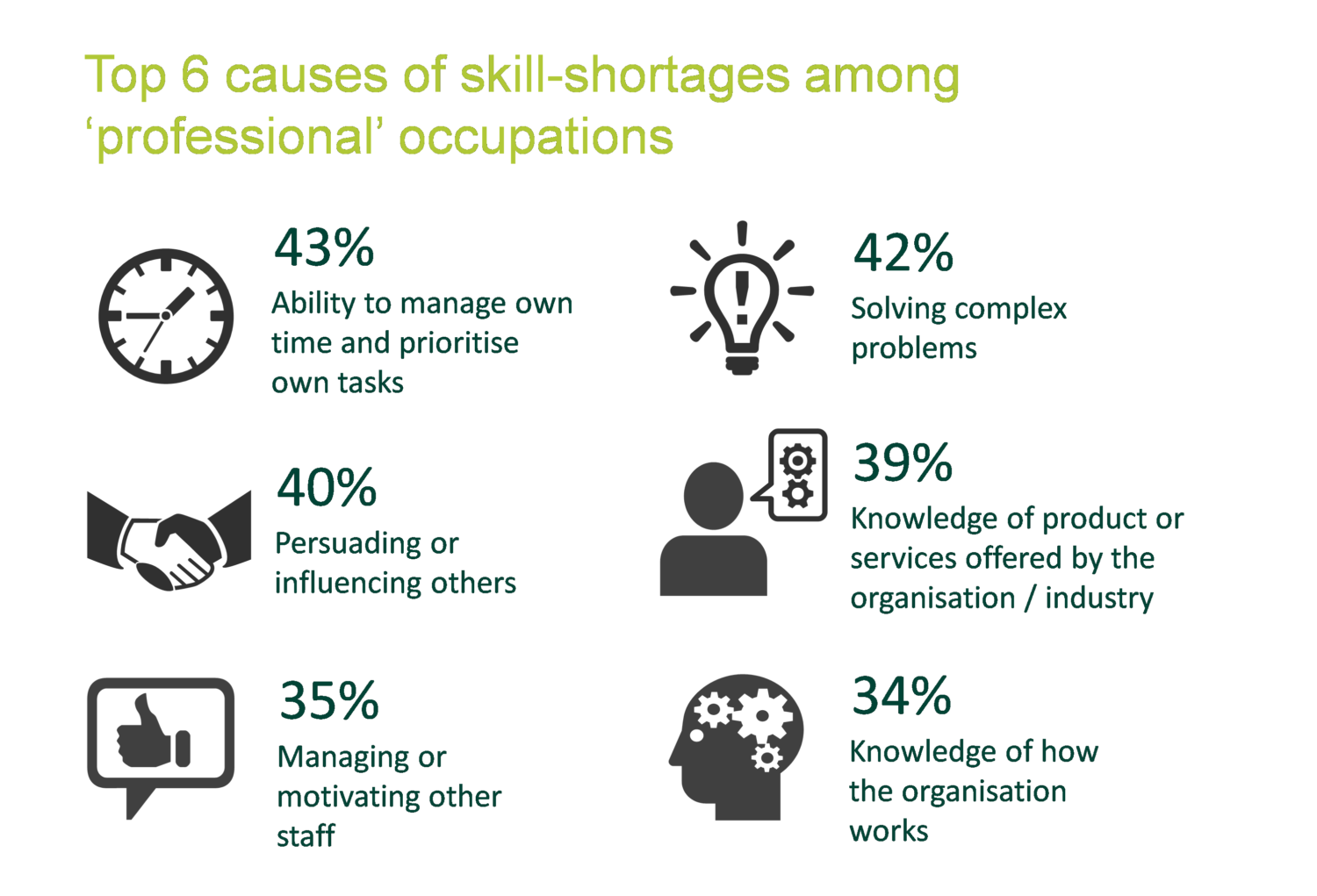
As we look forward to the Westminster Insight Graduate Employability Conference on 29th October 2019 we are running a new blog series exploring different data sources that universities can use to shed light on the provision that they offer.
First up under review is our old favourite, the Employer Skills Survey (ESS). This survey, undertaken by IFF on a biennial basis on behalf of the Department for Education, is – we believe – the largest telephone survey in the UK, acquiring interviews with close to 90,000 employers. The survey offers a rich stream of data, covering recruitment, skills shortages, training, underutilisation of staff, and the monetary investment towards training.
ESS is an untapped source of insight for Higher Education
It is itself an under-utilised source however, particularly within the HE sector, and this is likely due to the complexity of the data involved. This is a shame, as there is so much untapped data waiting for careers advisers and course planners alike to harness.
In the most recent ESS study, published in 2018, UK employers reported a total of 309,000 vacancies for positions at graduate level, i.e. managers, professionals and associate professionals. Interestingly, around half of these vacancies occurred in just two sectors: Business Services (which includes recruitment agencies, business support companies, law firms etc.), and Health and Social Work. The most common professions therefore where employers were citing vacancies at a graduate level were Nurses, HR managers, Sales executives and IT professionals: clear areas where universities can look to focus their employability interventions, and course portfolio.
Top skills shortages
Around 25% (79,000) of these graduate-level vacancies were considered hard to fill due to a skills shortage within the labour market (remaining vacancies occurred due to non-skills related issues such as low numbers of applicants, competition from other employers, poor terms and conditions of the job etc.). We consistently find each time we run the Employer Skills Survey that the skills lacking in applicants relate as much to ‘human’ or ‘people’ skills as they do to technical ones. As the chart below highlights, the ability to manage their own time and prioritise tasks is considered to be the most common skill lacking among those applying to professional roles: indeed, 43% of all professional-level skills shortage vacancies were due to a lack of time management skills. Other common skills lacking include the ability to persuade or influence others, and managing or motivating other staff.

Helping universities with graduate outcomes
Due to the sheer volume of interviews acquired, the survey also allows us to explore regional and local skills needs, to enable universities whose graduates are typically less mobile to focus their employment support according to local needs.
The ESS is a vast (and complex) data source, but when used appropriately, can bring individual universities new insights into the recruitment needs of local and target employers, thereby supporting graduate outcome measures. With the 2019 survey due for publication in early 2020 we look forward to working more closely with universities in the near future to unleash the potential of the ESS!